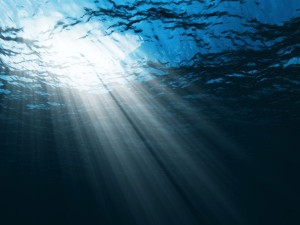
For a long time humanity imagined the oceans to be an infinite space into which it could dump anything, with no consequence. That is not the case, of course, and over the centuries we have been gradually choking the oceans to death, and all the life it contains.
Fishing is one of the top causes of ocean exhaustion. Industrial fishing and irresponsible disposable of fishing nets kills untargeted marine life and sea corals. For instance, 20,000 northern fur seals may die each year from becoming entangled in netting. When that happens, they can’t feed themselves and may drown.
Global warming is making the oceans more acidic. The consequence of that will be vast dead zones as plankton and corals, the producers of most marine life, are being killed off by the inhospitable conditions in which they are being forced to exist.
Pollution that we dump into ocean (waste, chemicals, etc.) kill marine life and the environmental conditions they need to thrive. Oil and chemical waste is continually dumped into the oceans. Cruisers are also a major source of pollution.
There are several things we can do to help the oceans. Switching to alternative energy is one of them, since oil is one of the biggest ocean killers and a major cause of global warming. Recycling our waste is also crucial since plastic packaging ends up in the ocean, killing all types of sea life. Don’t go on cruises with companies with a dubious environmental record. Avoid fish. In the same way that livestock accounts for a massive share of global emissions (nearly 20 per cent), fishing is a major contributor to the leaching of the oceans. A plant-based diet is unanimously recognized as the diet with the smallest carbon and, of course, oceanic footprint.
Click here for an infograph on the ocean crisis.
You should follow us here.





